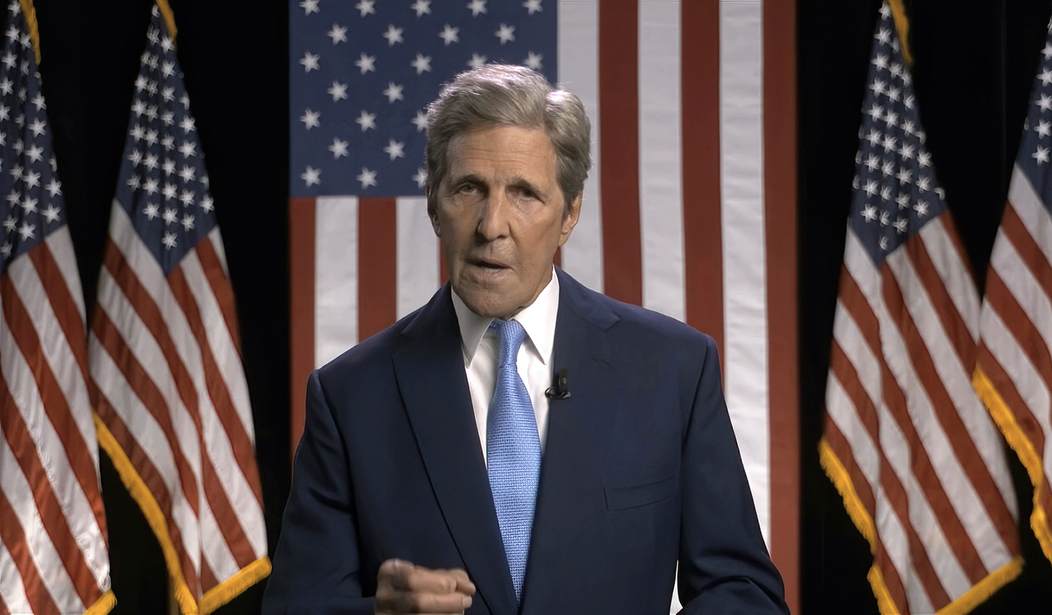Climate change lunatics who want to ban beef and force everyone to eat bugs have a new target.
According to AFP news, climate "scientists" are targeting rice farming as a "dangerous," emissions heavy practice. They say flooded rice fields, which then naturally ferment hay and other plants, produce too much methane.
VIDEO: Rice is to blame for around 10 percent of global emissions of methane, a gas that over two decades, traps about 80 times as much heat as carbon dioxide. Scientists say that if the world wants to reduce greenhouse gas emissions, rice cannot be ignored. pic.twitter.com/46GgkaGPgK
— AFP News Agency (@AFP) April 16, 2023
According to National Geographic, rice is a main and key food source for 3.5 billion people.
"Rice is a food staple for more than 3.5 billion people around the world, particularly in Asia, Latin America, and parts of Africa. Rice has been cultivated in Asia for thousands of years. Scientists believe people first domesticated rice in India or Southeast Asia. Rice arrived in Japan in about 3,000 years ago. The Portuguese most likely introduced it into South America in the 16th century," the magazine reports. "Today, the world’s largest rice producers are China, India, and Indonesia. Outside of Asia, Brazil is the largest rice producer. Rice grows in warm, wet climates. It thrives in waterlogged soil, such as in the flood plains of Asian rivers like the Ganges and the Mekong. "Deepwater rice" is a variety of rice that is adapted to deep flooding, and is grown in eastern Pakistan, Vietnam, and Burma."
Meanwhile, Sri Lanka recently adopted a number of climate change policies on reducing fertilizer and caused a major food crisis.
Recommended
"In April 2021, then-president Gotabaya Rajapaksa announced an abrupt ban on the import of chemical fertilisers to force the country of 22mn to embrace organic farming. The prohibition lasted only about six months, but analysts said the ill-fated policy not only stoked an economic crisis, it would leave Sri Lanka’s agricultural sector hobbled for years," the Financial Times reports. "Over the past 18 months, the country has become a cautionary tale for global agriculture. Vital inputs such as fuel and fertilisers are in short supply, with prices soaring. Yields from rice and other staples have halved in many areas and the once largely self-sufficient Indian Ocean island now depends on international aid to combat a hunger crisis."
There's no doubt a new climate attack on rice will have a catastrophic impact.
Somebody needs to stop these climate maniacs before they cause billions of humans to starve to death https://t.co/iOoRnTuukx
— Katie Pavlich (@KatiePavlich) April 17, 2023

























Join the conversation as a VIP Member